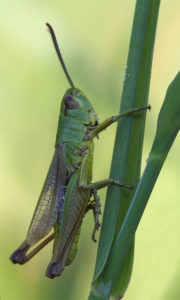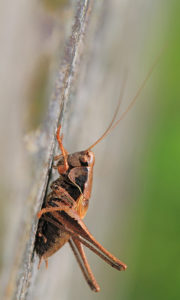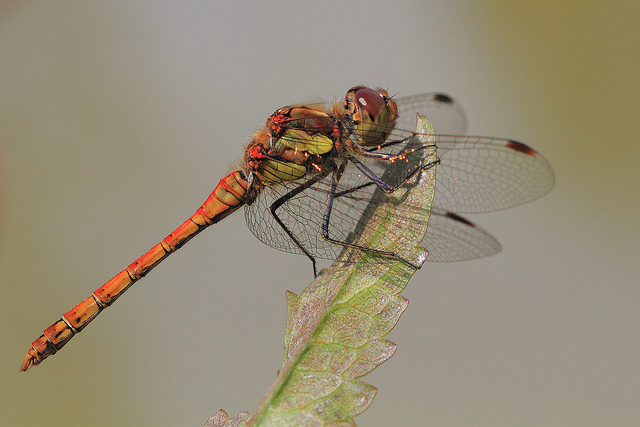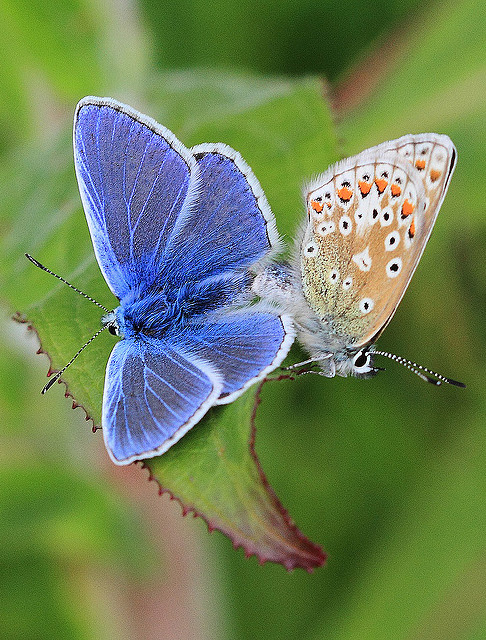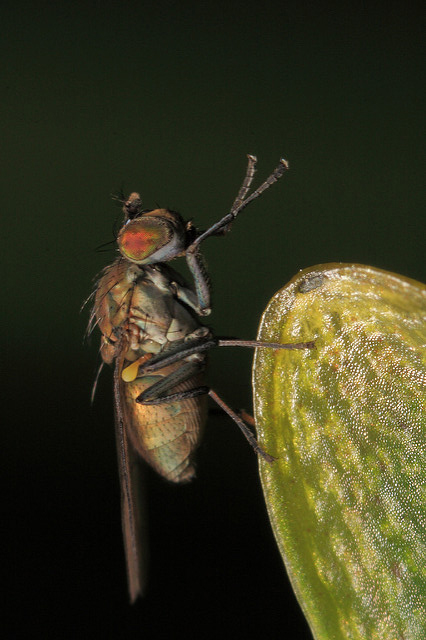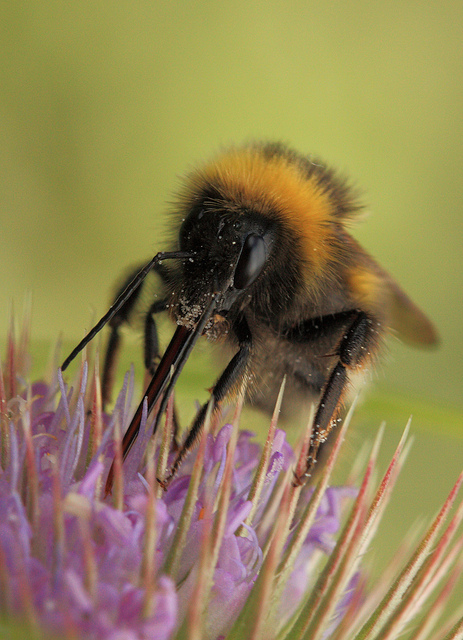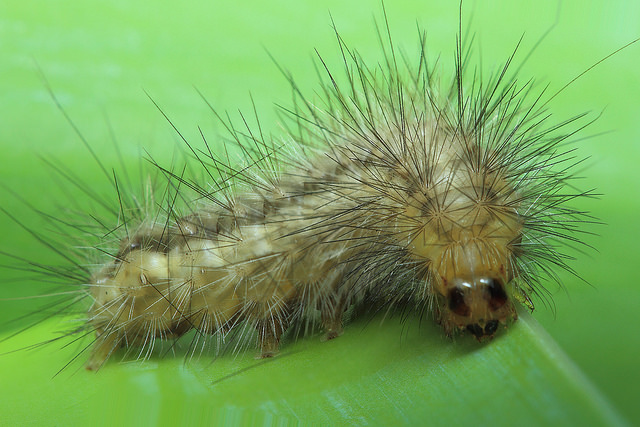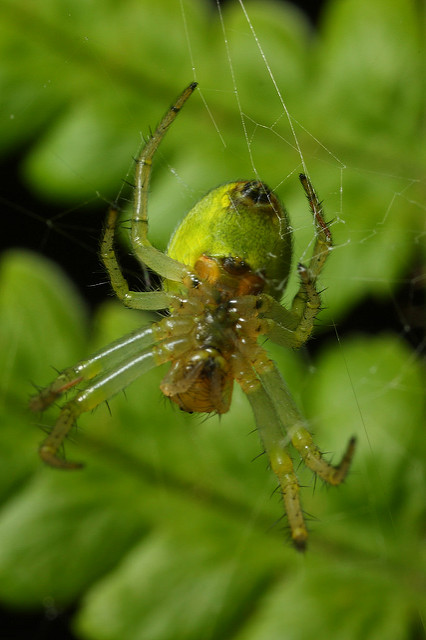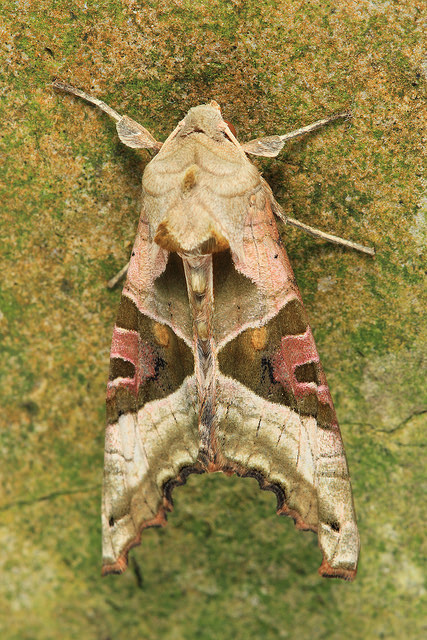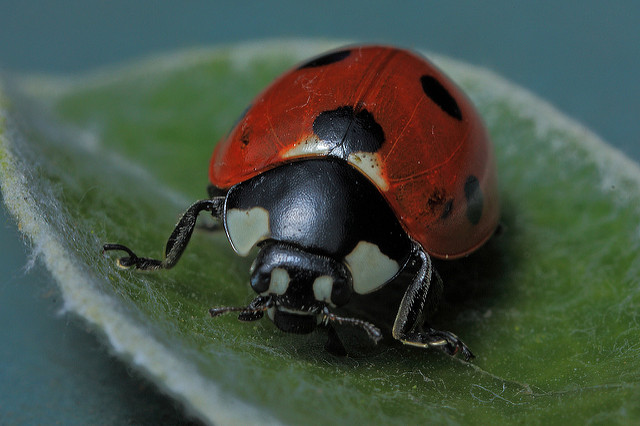“If I had my life to live over again, I would have made a rule to read some poetry and listen to some music at least once every week.”
Charles Darwin – The Autobiography (1809 – 82)
The wonder of nature expressed in a few verses of poetry can enhance our appreciation for the natural world. It can arouse a myriad of feelings, ranging from a sense of joy; to that of grief, excitement and curiosity. It can also pose meaningful questions that make us think of the interconnection of life and of the plight of our own existence. ‘The poetry of the earth is never dead,’ exclaimed the poet John Keats on hearing a grasshopper sing.
However, most people can’t look at any kind of insect or see their beauty but would rather revile them as pests that must be dealt with. I know of many photographers who will freeze insects just so that they can have more control over their macro shots! We would do well to remember that insects are living organisms and that their well-being should come before any photographic consideration:
Hurt no living thing;
Ladybird, nor butterfly,
Nor moth with dusty wing,
Nor cricket chirping cherrily,
Nor grasshopper so light of leap,
Nor dancing gnat, nor beetle fat,
Nor harmless worms that creep.
Christina Rossetti (1830-1894)
I hope you enjoy this collection of some of my favourite poems dedicated to the beauty of insects.

